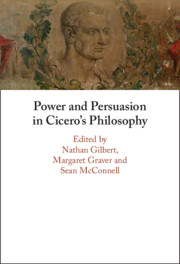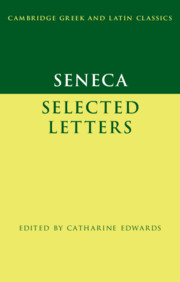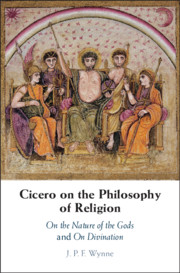Seneca
Seneca stands apart from other philosophers of Greece and Rome not only for his interest in practical ethics, but also for the beauty and liveliness of his writing. These twelve in-depth essays take up a series of interrelated topics in his works, from his relation to Stoicism, Epicureanism, and other schools of thought; to the psychology of emotion and action and the management of anger and grief; to letter-writing, gift-giving, friendship, and kindness; to Seneca's innovative use of genre, style, and humor. Recalling Socrates's critique of philosophical writing in Plato's Phaedrus, this volume gives particular attention to Seneca's ideas about the techniques of reading, writing, and study that make philosophy beneficial to the individual and to society. Clear explanations and careful translations make the volume accessible to a wide range of readers.
- Provides a comprehensive picture of Seneca's most important philosophical achievements
- Offers a deeper insight into the literary aspects of Seneca's philosophical writings
- Gives a clearer understanding of the emotions in Stoicism through analysis of the views of one of its most influential figures
Reviews & endorsements
'In looking over the essays as a whole, I am struck by the wide variety of interests and themes that Graver has tackled over the last three decades. Her observations and analysis are always clear and sharp, and I felt that I gained a further appreciation of the nuances of Seneca's moral psychology and Stoic sympathies in reading these pieces. It was also interesting to observe how, for example, a mention of gaudium in an early essay resonates in later pieces, or how in certain essays Graver brings her encyclopedic knowledge of broader Greek and Roman philosophy to bear.' Christopher Trinacty, Bryn Mawr Classical Review
Product details
No date availableHardback
9781107164048
322 pages
235 × 155 × 20 mm
0.629kg
Table of Contents
- Part I. Recreating the Stoic Past:
- 1. The life of the mind
- 2. Action and emotion
- 3. The treatise On Benefits: real kindness and real agency
- Part II. Rival Traditions in Philosophy:
- 4. Seneca and Epicurus
- 5. Refuting the Peripatetics: Seneca and the school of Aristotle
- Part III. Models of Emotional Experience:
- 6. Seneca's therapy for anger
- 7. The weeping wise
- 8. Anatomies of joy: Seneca and the Gaudium tradition
- Part IV. The Self within the Text:
- 9. The challenge of the Phaedrus: therapeutic writing and the Letters on Ethics
- 10. The mouse, the moneybox, and the six-footed scurrying solecism
- 11. The manhandling of Maecenas
- 12. Honeybee reading and self-scripting.






